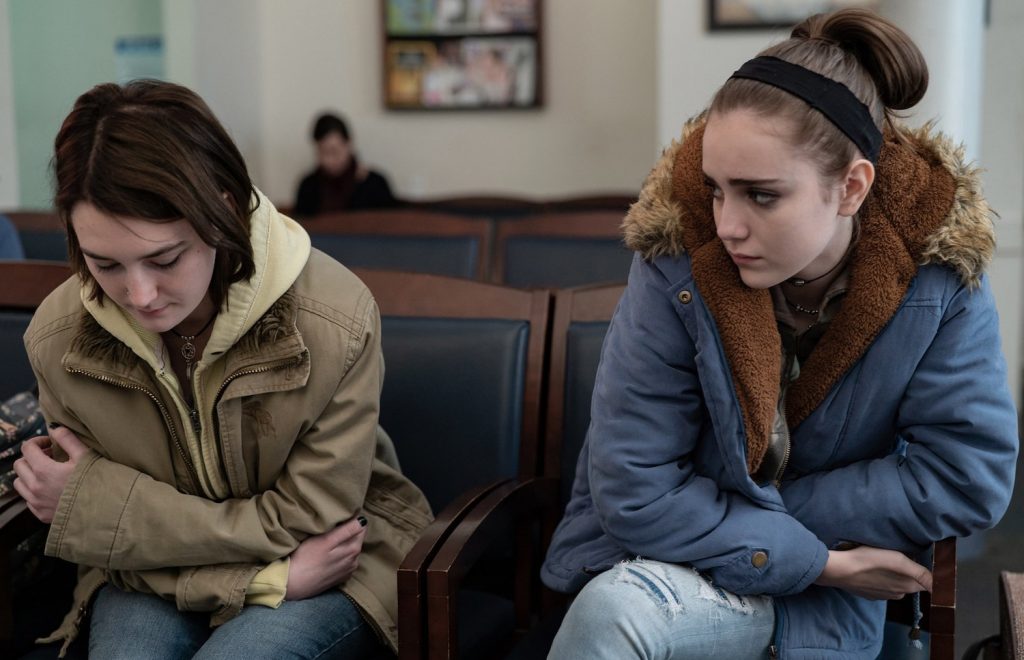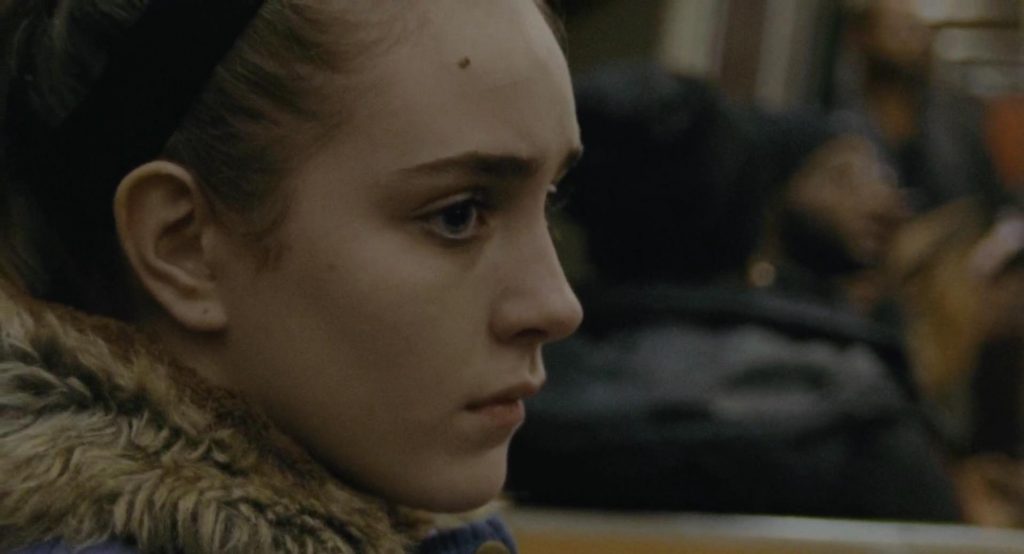Film Review: Never Rarely Sometimes Always (2020)



Even as a teenager, I had very little patience for movies about teenagers. I can think of exceptions – a quirky comedy here, an angsty coming of age story there – but by and large, and still today, movies about the high school experience rarely overcome the tired clichés that were solidified back in the ‘50s and ‘60s. But, markets are markets, I suppose, and as long as there remains an audience for sappy melodrama performed by awkward-acting 20-somethings, these trite, familiar stories will continue to survive on some level. Which brings me to Never Rarely Sometimes Always – a solid entry into the short list of age-centric exceptions, and one that every parent should see.

Of course, Never Rarely Sometimes Always is much more than a movie about high school kids. Eliza Hittman’s film not only defies every banal trope that’s been hammered into place by decades of aged and lazy screenwriters and directors (who are wrongly convinced they know what it’s like to be young), but also delivers a timely, deeply acute story of a young woman in crisis and the systematic barriers that prevent her from getting help. In this way, Never Rarely Sometimes Always serves as an indictment on both our broken, unequal health care system, and on how little value is placed – in real life and in the movies – on the lives of young women, their health, and their stories.

In lesser hands, it’s easy to picture these enormous issues tackled with watered-down broad strokes, but Hittman wisely chooses to keep her focus narrow, leaving her succinct, small-scale narrative to do the heavy lifting. Told from the perspective of two small town high schoolers, Never Rarely Sometimes Always almost immediately divulges from its predecessors by pinpointing the everyday, normalized misogyny that is silently endured by its protagonists, Autumn and Skylar (Sydney Flanigan and Talia Ryder) – and by extension, women and girls everywhere. That Hittman’s depiction of the humiliations they experience on an everyday basis are easily identifiable as “normal” should be terrifying to parents everywhere, including (maybe especially) to the parents of boys who observe and internalize this behavior without comment from the men in their lives.

While not explicitly a film about “pro-choice” vs. “pro-life” (or “pro-birth”), Never, Rarely Sometimes Always does effectively and emotionally convey both why someone would seek and abortion, and the hurdles faced in getting one. From propaganda brochures handed to 17-year-old Autumn by so-called “women’s health” experts, to the Kafkaesque and downright dangerous choices forced on women when it comes to their health, Hittman pulls no punches in detailing these societal inadequacies. Desperate times call for desperate measures, as they say, and when coupled with teenage recklessness and lack of foresight, Never Rarely Sometimes Always once again nails the realism.

Light on dialogue but heavy on emotive expression, Never Rarely Sometimes Always leaves no room for grandstanding. This breathing room allows for Autumn and Skylar to be realistically vulnerable and confused kids instead of ideologues, which further solidifies the film’s point of view through relatability rather than activism. Make no mistake, though, Hittman has something to say with her film, and she says it with clarity and uncompromised integrity. But, by allowing her characters to be “real” as opposed to the stylized, glossy versions of teenagers we’re used to seeing in our media, Autumn and Skylar’s at-risk reality becomes a frightening eye-opener.
